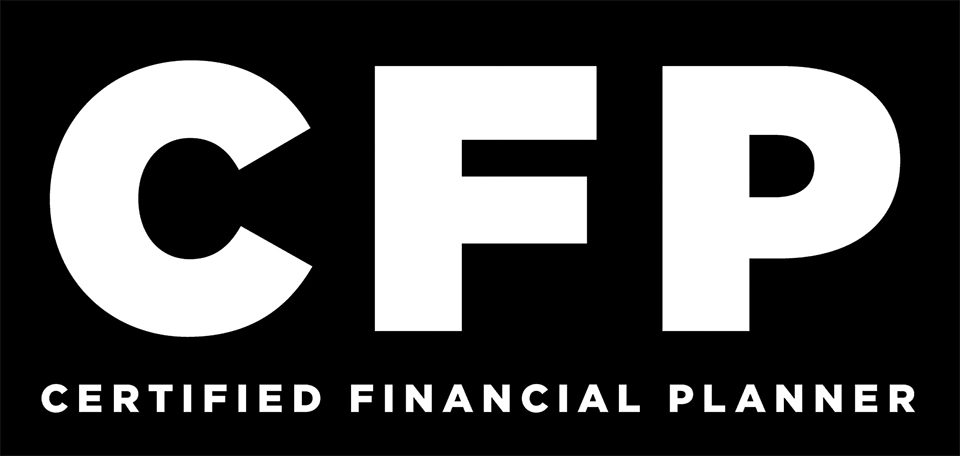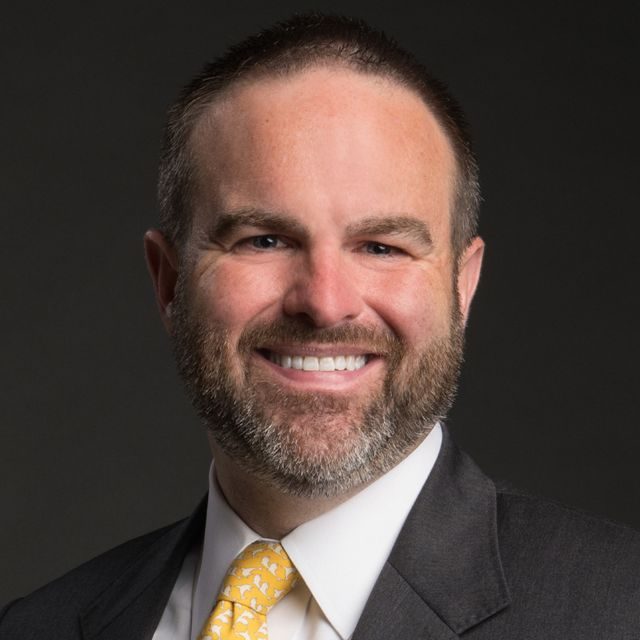
RKL Private Wealth
Businesses succeed in large part due to a talented team of experts working together to implement strategy and achieve goals. What if owners and their families managed their personal financial matters in a similar fashion? At RKL, you’ll find integrated planning, coordination and execution at the heart of our Private Wealth approach to navigate the complexity that comes with wealth.
Why Work with RKL?
RKL Private Wealth helps families and individuals with sophisticated wealth management needs prepare for what’s next. We deliver a full spectrum of financial planning, tax, investment and advisory services to help guide you through decisions you can make today to achieve your unique aspirations tomorrow.
Whether it’s building greater independence, securing your family’s future, transitioning your business ownership or even considering your philanthropic legacy, you can count on our team to develop a plan that helps you achieve greater clarity and confidence for leading your most fulfilling life.

A Continuum of Services to Prepare for What’s Next
Grow and Steward Wealth
Prepare Assets for Transfer
Prepare Recipients to Receive Assets
Financial Planning
- Cash flow analysis
- Budgeting
- Retirement planning
- Scenario planning
- Cash management
- Life insurance review
Investment Management
- Total asset assessment
- Asset allocation
- Risk management
- Investment selection
- Performance measurement
- Monitoring & reporting
Income Tax Planning
- Personal income tax
- Business income tax
- Trust income tax
Income Tax Planning
- Personal income tax
- Business income tax
- Trust income tax
Estate Planning
- Wills and revocable trusts
- Irrevocable trusts
- Asset protection
- Family entities
Business Planning
- Business valuation
- Business succession
- Family governance
- Pre-sale planning
- Mergers & acquisition planning
- Strategic planning
- Retirement plan administration
Business Planning
- Business valuation
- Business succession
- Family governance
- Pre-sale planning
- Mergers & acquisition planning
- Strategic planning
- Retirement plan administration
Philanthropic Planning
- Individual philanthropy
- Family philanthropy
- Defining a mission and purpose
- Tax efficient giving
Legacy Planning
- Defining shared family values, culture and principles
- Family history
- Family education and rising generation development

Specialized Expertise for Your Sophisticated Wealth Needs






Our Unified Approach to Personal Financial
and Legacy Planning
At RKL, we start each Private Wealth relationship with big-picture questions about needs, objectives and motivations. Then, we assemble a customized plan from our continuum of services to help grow, protect and transfer your wealth.
We’re able to address sophisticated and significant wealth needs thanks to our team’s unique perspectives and expertise in investment management, business succession, tax compliance and planning, estate and trust services and more.
For ultra-high-net-worth families, we also offer a comprehensive suite of services to manage wealth at an enterprise level and across generations.
Empowering Female Investors
Female investors are often perceived as uncomfortable or more risk-averse than their male counterparts. That’s never been our view at RKL Private Wealth. In fact, our service model uniquely positions us to address the planning needs of women and increase their financial confidence and engagement. We prioritize the human element, which makes RKL Private Wealth a perfect fit for female investors seeking an advisor who understands where they want to go (and why) and empowers them to move forward.


Our Team’s Perspectives

My passion is inspiring others to do great things with their lives.

Building relationships with my clients based on trust and a thorough understanding of their needs allows me to deliver value and help them thrive.
Investment advisory services offered through RKL Wealth Management LLC. Consulting and tax services offered through RKL LLP. RKL Wealth Management LLC is a subsidiary of RKL LLP.











